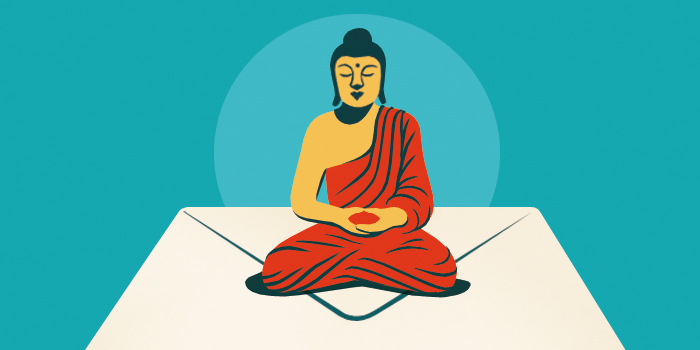Attaining Buddhahood in This Lifetime
Early Buddhist texts taught that enlightenment was possible only after many lifetimes of accumulating good karma. People became monks or nuns in the hope of amassing “a store of merit” that would allow them to attain Buddhahood in some future life. The Lotus Sutra, however, taught that anyone could attain Buddhahood in this lifetime.
The insistence on the attainability of Buddhahood by ordinary people facing the ordinary struggles and challenges of life is the hallmark of Nichiren Buddhism. From the beginning, Nichiren offered an inherently egalitarian approach to Buddhism that favored the experiences of laypeople. Claiming the right to Buddhahood was, and still is, an act of radical self-empowerment.
For this reason, Nichiren Buddhists rarely speak of enlightenment in abstract terms. Buddhahood is often described as a state of unshakable faith or conviction—a confidence that through chanting Nam-myoho-renge-kyo, the Japanese title of the Lotus Sutra, they can activate the fundamental power inherent in the structure of the universe itself and set that power, often described as “life force,” into motion to transform their lives.

Tricycle is more than a magazine
Gain access to the best in sprititual film, our growing collection of e-books, and monthly talks, plus our 25-year archive
Subscribe now